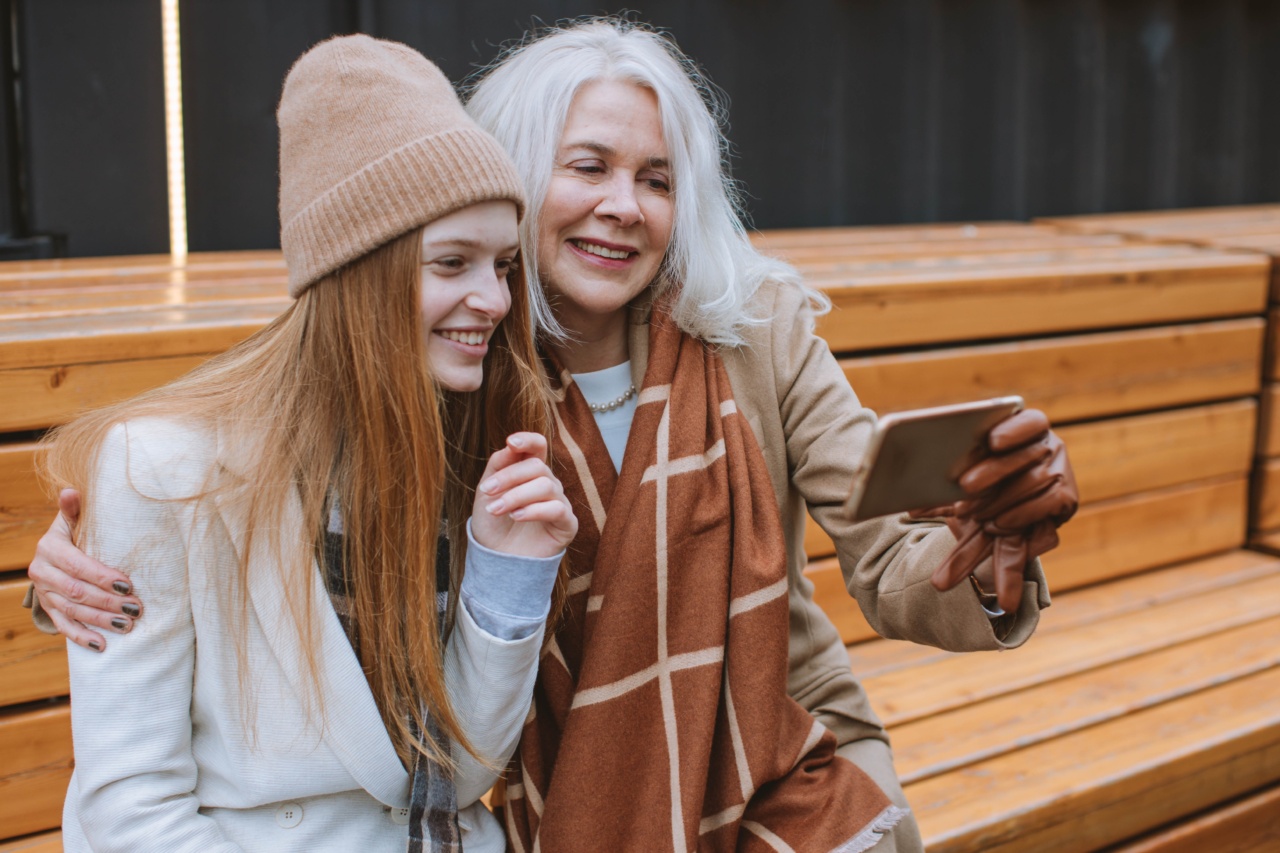In the digital age, taking selfies has become a common practice for many. The trend of taking self-portraits has taken the world by storm with the advent of smartphones, social media, and various photo editing tools.
Selfies have become a popular way for people to express themselves, boost their self-image, and gain social media attention.
What is self-image?
Self-image is a mental picture of oneself. It is how we see ourselves, the perception we have about our physical appearance, abilities, personality traits, and other aspects that define us.
A positive self-image can help us build self-confidence, self-esteem, and deal with everyday life situations in a better way. Conversely, a negative self-image can lead to anxiety, low self-esteem, and even depression.
The impact of selfies on self-image
Selfies have a direct impact on self-image because they encourage individuals to showcase their appearance and get online feedback.
Taking pictures helps to create a visual memory of ourselves, and many people use this as a way to track their personal growth. For instance, a person may take a selfie before starting a new fitness routine and, after a few weeks, take another picture to compare their progress. This helps them to better appreciate their efforts and stay motivated to continue their routine.
On the other hand, taking too many selfies may negatively affect one’s self-image. Repeatedly posting and deleting selfies on social media due to a lack of likes or comments may lead to feelings of low self-worth.
It can also lead to a reliance on external validation, lack of self-confidence, and depression.
The impact of photo editing on self-image
In addition to taking selfies, many people also use photo editing tools to enhance their appearance. Filters, lighting, and other digital software tools can make one look better in pictures.
However, the constant use of editing tools can create unrealistic standards of beauty. Social media platforms show us an edited version of reality, and people often compare themselves to pictures of others that have been filtered and manipulated.
Individuals who heavily rely on photo editing are often the ones who have low self-esteem and low confidence in their appearance. They look for quick fixes instead of working on their underlying insecurities.
The impact of social media on self-image
Social media platforms have become a popular place to share selfies, but they can have negative impacts on self-image.
Social media presents an idealized version of reality, where people only post their highlight reels while hiding their setbacks and struggles. This can create unrealistic standards of beauty and success for people to compare themselves to.
Social media triggers negative feelings such as low self-esteem, anxiety, and depression because it leads to comparison syndrome.
People often feel that their lives aren’t as glamorous as others seen on social media, leading to feelings of inadequacy. This, in turn, leads to them posting more selfies, hoping to gain social validation and attention. It’s a vicious cycle.
How to improve your self-image
A positive self-image leads to better mental health and a more fulfilling life. Here are some tips to improve your self-image:.
Focus on your inner self
Focus on your inner self by building self-awareness and learning to accept your flaws. Instead of trying to change physical appearances that you don’t like, embrace them and learn to appreciate them.
Also, work on positive self-talk and affirmations to acknowledge your strengths and abilities.
Avoid comparing yourself
Avoid the comparison trap that social media presents by recognizing that everyone has their struggles, setbacks, and strengths. Focus on your own journey and how far you’ve come along, rather than how other people are doing.
Take breaks from social media
Take breaks from social media platforms as they can trigger negative emotions. It’s essential to disconnect from social media from time to time, especially when you’re feeling anxious or overwhelmed.
Celebrate your achievements
Celebrate your achievements, whether big or small, and learn to appreciate your efforts. You don’t have to rely on external validation to feel good about yourself. Acknowledge your progress and learn to appreciate yourself.
Connect with people that support you
Surround yourself with people who support you and can help to build you up during tough times. Having a supportive network of family, friends, or professionals can help boost your self-image and improve your mental health.
Conclusion
Self-image and selfies can have both positive and negative impacts on mental health, depending on how they are used.
It’s essential to remind ourselves that self-image is not just about physical appearance but also how we perceive ourselves and our abilities. Whether it’s taking selfies or using social media, always remember to put your mental health first.






























